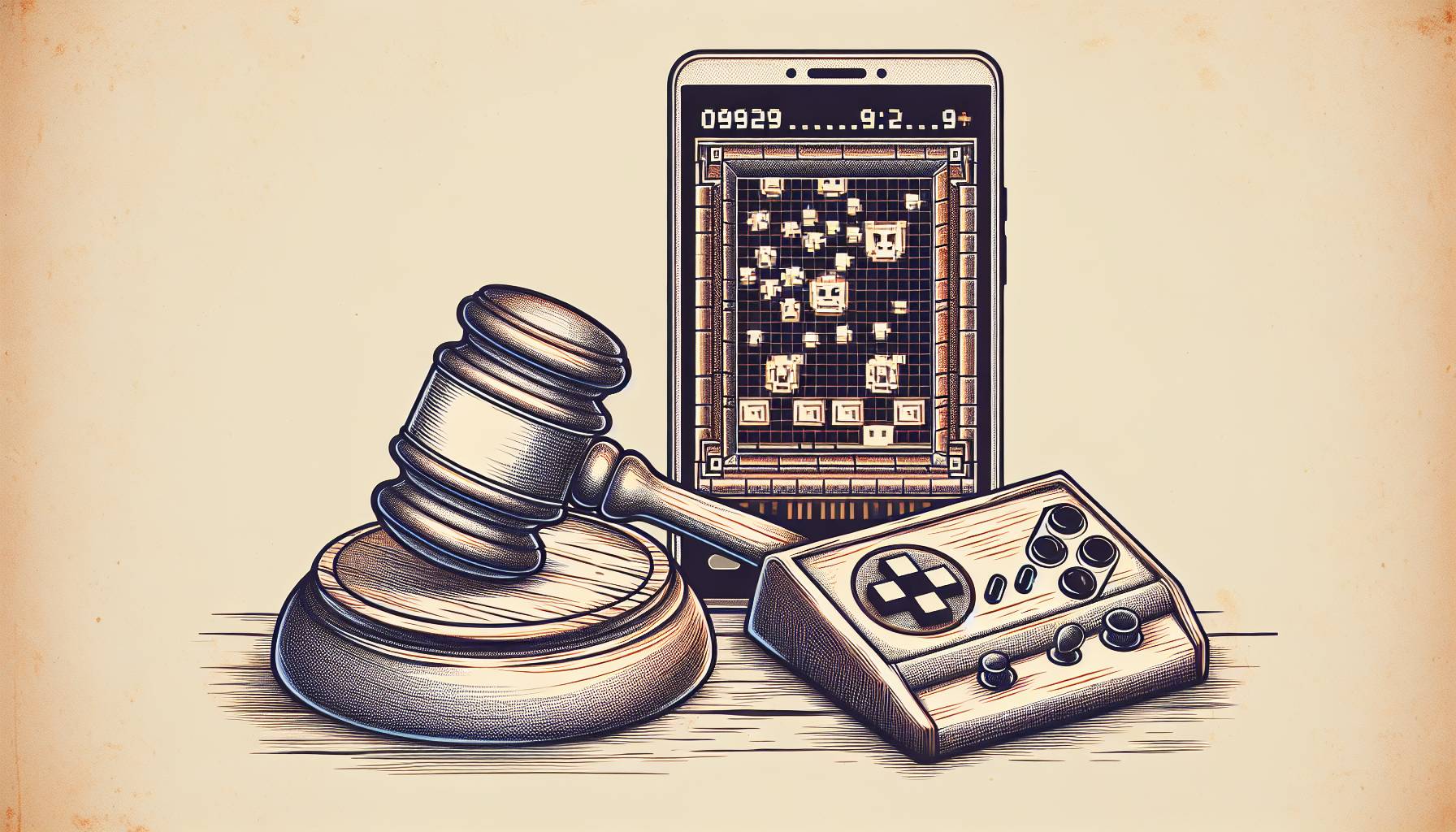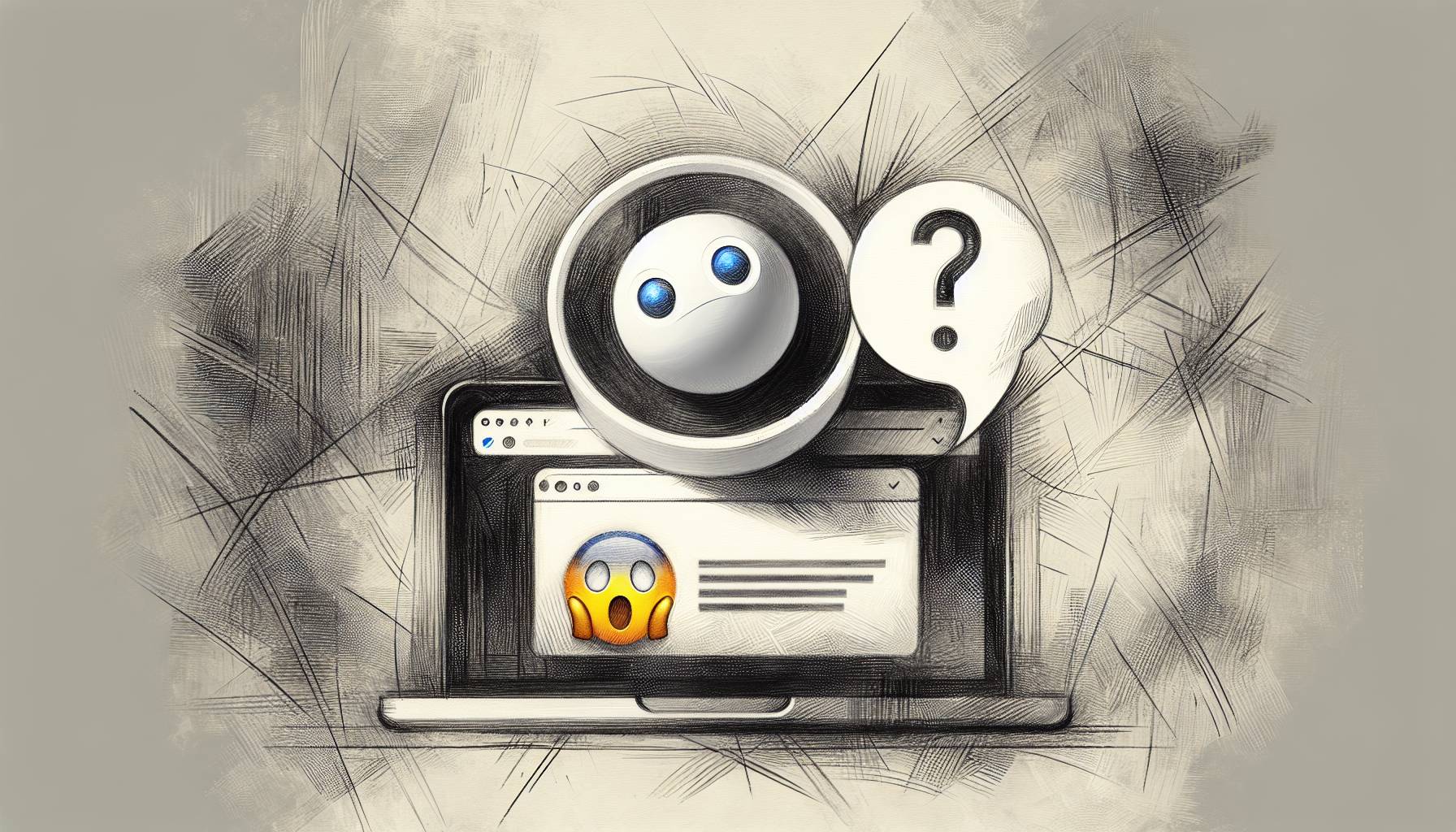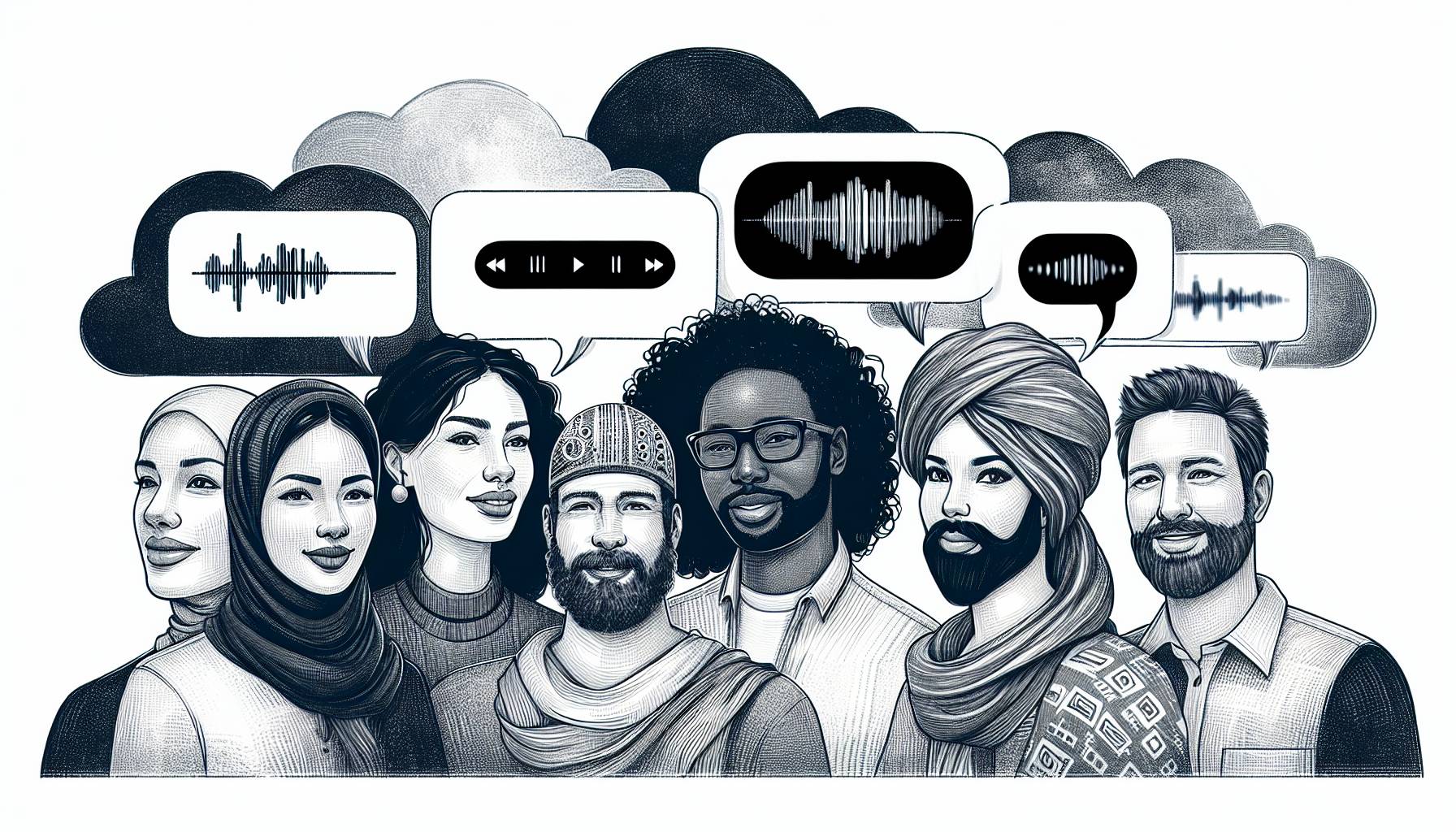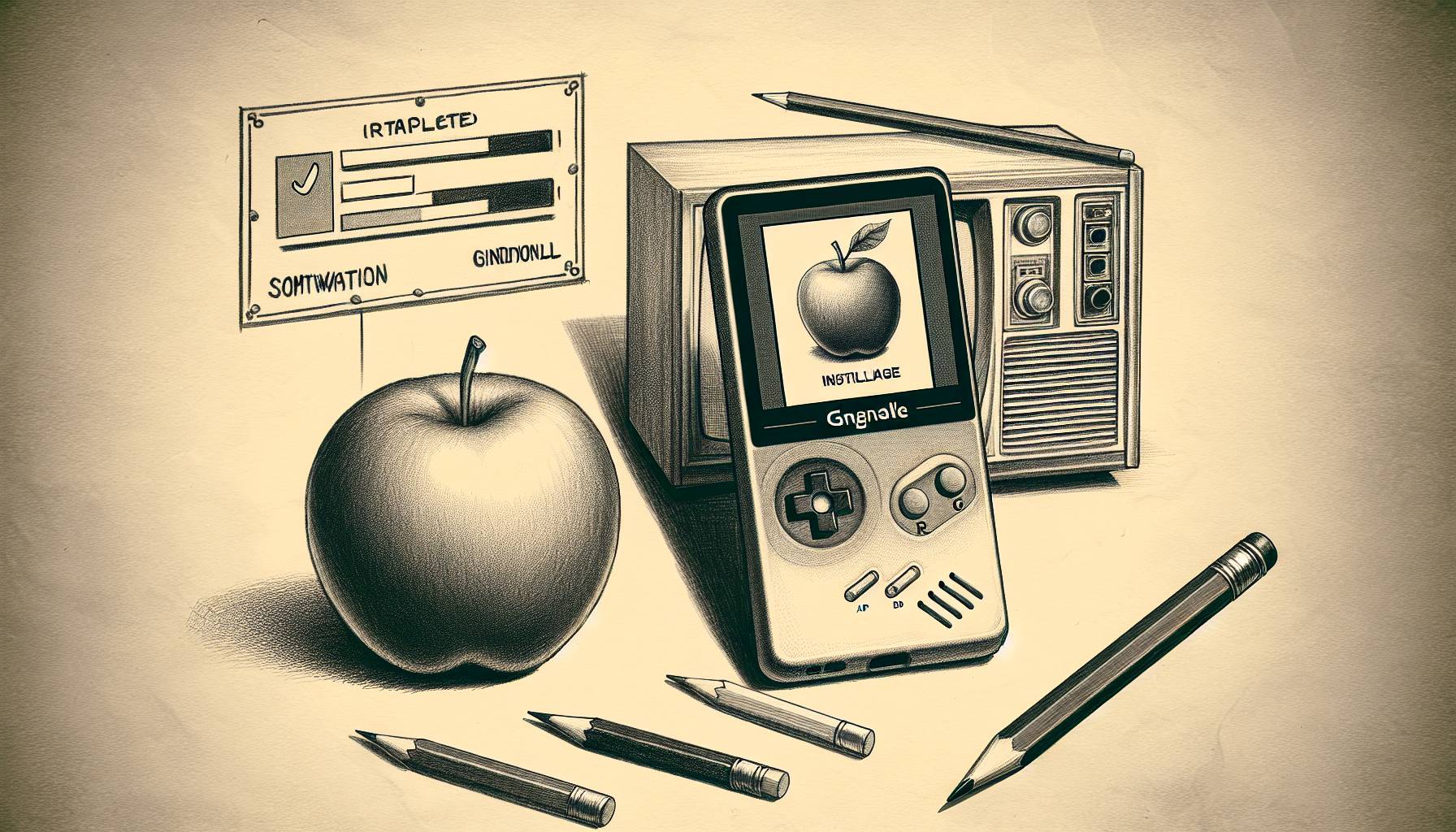Here at Legally Social, we always try to be at least one day ahead of the conventional wisdom. And this week, that’s exactly how it played out. On Monday, we discussed how the commerce model of the Internet was changing, and more specifically how “Facebook’s goal is actually to create a private Internet, with all of the functionality of the Internet but with everything you might need under a single roof.” Taking this point even further, yesterday an article on Wired.com posited that the world of apps and content aggregation is actually killing the “web” as we know it and replacing it with something entirely different. Everyone is now talking about — and wondering if it is visionary or just hype. The key quote:
You wake up and check your email on your bedside iPad — that’s one app. During breakfast you browse Facebook, Twitter, and The New York Times— three more apps. On the way to the office, you listen to a podcast on your smartphone. Another app. At work, you scroll through RSS feeds in a reader and have Skype and IM conversations. More apps. At the end of the day, you come home, make dinner while listening to Pandora, play some games on Xbox Live, and watch a movie on Netflix’s streaming service.
You’ve spent the day on the Internet — but not on the Web. And you are not alone.
The idea here is that marketing, commerce, gaming, search — and pretty much everything else you can think of — is now being directed to highly focused apps for your mobile devices, and private networks (like Facebook) designed to give you everything you need without going elsewhere. Or going on the web through your browser at all.
So why should you care, and what exactly is the legal angle on all of this anyway? Another key quote from the article takes us there:
This was all inevitable. It is the cycle of capitalism. The story of industrial revolutions, after all, is a story of battles over control. A technology is invented, it spreads, a thousand flowers bloom, and then someone finds a way to own it, locking out others. It happens every time.
This is also the story of intellectual property. The “web” is, effectively, uncontrolled. This means that no one is collecting rents. No one is collecting taxes. Everyone is pretty much doing their own thing. With a dedicated platform (such as a social network or an app or (increasingly) a social network accessed through an app) you are at the mercy of someone who can own the experience. Maybe you. This means that people will pay for access to you. It means that you will pay for access to the platform. It means that money will be made.
I noted a few weeks back that data mining was the killer app of social media. But perhaps a better question is whether the killer app of social media is…apps. If you generally find yourself using the Internet at home on your iPad, you may only be using the web when you click on a link that someone attached on a Twitter feed. You can access your mail through an app, read a book on an app, watch a movie on an app, read magazines and access content on an app, check the weather on an app…okay, perhaps you look at your RSS feeds on Safari. But it is easy to see that the change, while subtle, has been real and is ongoing at a rapid pace.
But this model also means that software patenting may become increasingly important — whether you think it good or evil. Branding becomes more important because you want people to associate your app with a basket of associations such that they will return again and again. Copyright (both in the software and the look and feel of the experience) will be crucial. Advertising your app will become an art, and claims will be made about the performance of the product that may be subject to challenge. New types of faux “currency” will be used to transact business.
So start thinking about it now. Yes, this could turn out to be like the “push” bubble of the late 1990s, where Pointcast was going to change everything. But unlike that overhyped phenomena, lots of people are already using iPhones. Lots of folks are using Android. Lots of people have already bought into the model — there are even great websites today devoted to curating the app experience.
No, the web isn’t going away. There will always be a need for a free form space (and once the world of Snow Crash comes into existence we’ll need it…) But consider: will people be using the web to find me 5 years from now, or do I need to start creating another tool? There’s never a better moment to start thinking about these things than right now.












